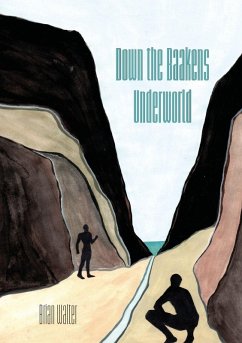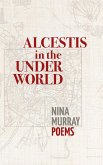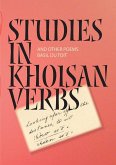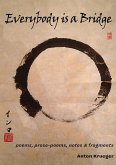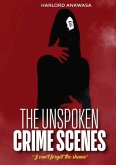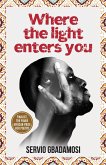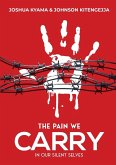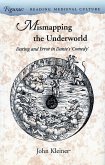My first two collections - Tracks and Baakens - were written and published while I lived in Alice, or eDikeni (at the marsh 1), on the banks of the Thyume River, and taught at the University of Fort Hare. I was honoured to be asked by the Reverend Bongani Ntisana to submit a collection (which became Tracks) to be considered for publication in honour of the 175th anniversary of Lovedale Press. Thus, Lovedale led me into the world of publishing, and I shall always be grateful to the Press and the staff there, with some of whom I am still in contact. In my mind, I can't separate these texts from their Lovedale origins, and it was with a sense of nostalgia that I asked the Press to release the books, that had once appeared separately, for republication in a different format. The reprinting was occasioned by a few considerations: starting with Baakens which I always felt was not yet "done", and which needed more editing. This was only a niggle until the name of Port Elizabeth was changed to Gqeberha, the old Khoi word for the Baakens. The name "Gqeberha" is also the name of the Walmer Township, the subject of much debate when I was young as the Nationalists wished to bulldoze it down as they had done to other nearby areas. Thus, the word was in the air. However, the word "Gqeberha" did not appear in the first edition: it had fallen somewhat out of general use in relation to the valley. That changed with the city's name change, and the niggly editing I wanted to do became an imperative. With Tracks I initially wished to do only a little editing. But the journeys in the opening and closing sequences seemed to tie in with the catabasis of Baakens. It seemed that they should be read together, and the idea of one book started growing on me. Working with Allan Kolski Horwitz, moreover, enabled a fresh look at the poems in each book, and he has helped me shape them, and made them easier on both eye and voice. I am grateful for his interest. The text reflects on the past, and many of the troubles we face today were wrought in the past. The text is indeed a quest for kindness in the face of our history, one in which the very notion of forgiveness seems nebulous. And so, I am most grateful to Lovedale Press for graciously releasing Tracks and Baakens and allowing me to reimagine them for this phase of their development.
Hinweis: Dieser Artikel kann nur an eine deutsche Lieferadresse ausgeliefert werden.
Hinweis: Dieser Artikel kann nur an eine deutsche Lieferadresse ausgeliefert werden.

